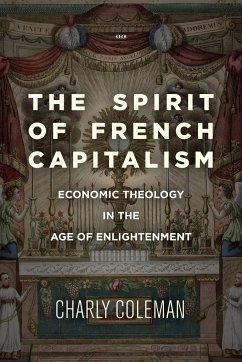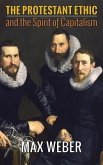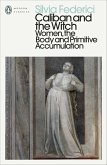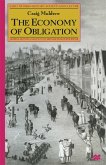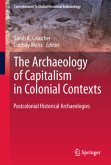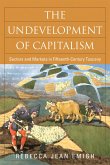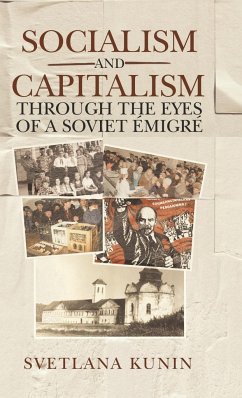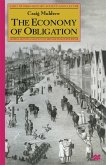"This book offers a new take on why, in the West, the economy has become synonymous with a belief in the creation of infinite wealth. It does so by turning to the long-suppressed role played by the Catholic Church in the development of capitalism in 18th-century France. Then a dominant and highly influential power, France was rocked by intellectual tumult and confessional clashes, as well as consumer and political revolutions. The church functioned as a de facto state bank, and its clerics thought deeply and extensively about financial matters. Charly Coleman argues that these theologians' long neglected writings show a convergence of economic thought grounded in theological concepts --- what he terms "economic theology" --- whether in managing the debt of sin or marshaling the infinite wealth of divine grace. A counterpart of sorts to Max Weber's famous thesis on The Protestant Ethic and the Spirit of Capitalism, the case here is made for a distinctly Catholic ethic, one that has animated the spirit of capitalism from its inception. The influence of sacramental theory demonstrates that at its core modern economic understanding does not adhere neatly to rational action or disenchanted designs, and in ways that scholars have yet to apprehend fully. Even during the Enlightenment, a sense of the miraculous did not wither away in the cold light of calculation. Rather, it emerged anew as a faith invested in the limitless, endlessly creative expansion of the economic realm"--
Hinweis: Dieser Artikel kann nur an eine deutsche Lieferadresse ausgeliefert werden.
Hinweis: Dieser Artikel kann nur an eine deutsche Lieferadresse ausgeliefert werden.

